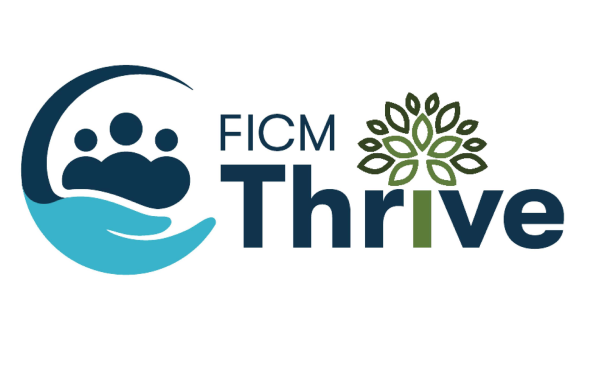Why do I mentor?

Hello! I’m Liz Thomas – a consultant in anaesthesia and intensive care medicine and I am part of the team running FICM Thrive – the faculty’s new mentoring scheme.
There is an awful lot written about the benefits of having a mentor and being mentored but I have seen less about the pros and benefits of being a mentor. The GMC recommends that all doctors have a mentor, and this is also echoed by FICM – as stated in the recent Critical Staffing 1 publication. FICM have also launched its own mentoring scheme – Thrive, which is initially offering mentoring for consultants during their first 5 year of their consultant job but will hopefully roll out further when it is established.
For me, being a mentor is very rewarding. There are the rewards which are widely talked about and documented – helping others develop, personal satisfaction, fulfilment and giving back to others, however I have found mentoring has really helped me develop my listening skills, and I think this leads to enhancement of my clinical work as well.
Active listening is a skill which needs development and practice but I have really enjoyed working on it. At first I thought I was a good listener – but I realised I wasn’t that good, and taking time to think about listening and practice my active listening skills has been beneficial. Having the time set aside with my mentee for them to talk, me to listen and explore the issues they face has firstly been enjoyable and has been a great platform for me to practice and develop these skills. I find it helps in clinical practice too – in assessing patient, during ward rounds, in meetings with patient’s families and within the multidisciplinary team.
I also do really love helping others develop and grow. It might sound corny, but I have been immensely proud of my mentees and what they have achieved. Another benefit I have found is that it has made my reflective practice more fruitful. I fully understand the need for and benefits of reflective practice, but for me the written form does not sit easily. I am much more of a talker – and I have used the mentoring relationship to help my mentees reflect on events (good and bad) to learn, process, understand and move forward from. I find helping others in this way then leads to more self reflection (although in my case, rarely written down) and self growth.
As with all areas of medicine, it is beneficial to have mentors from a wide range of backgrounds. The greater the pool of experience the more benefit for the new consultants undergoing mentoring. I have some colleagues who have really enjoyed mentoring even though they were unsure about doing it in the first place.
I’m not going to lie – I’m hoping this blog will encourage some of you to sign up as a mentor for Thrive, even if you haven’t considered being a mentor before you probably have a lot of give and I certainly enjoy the process.

